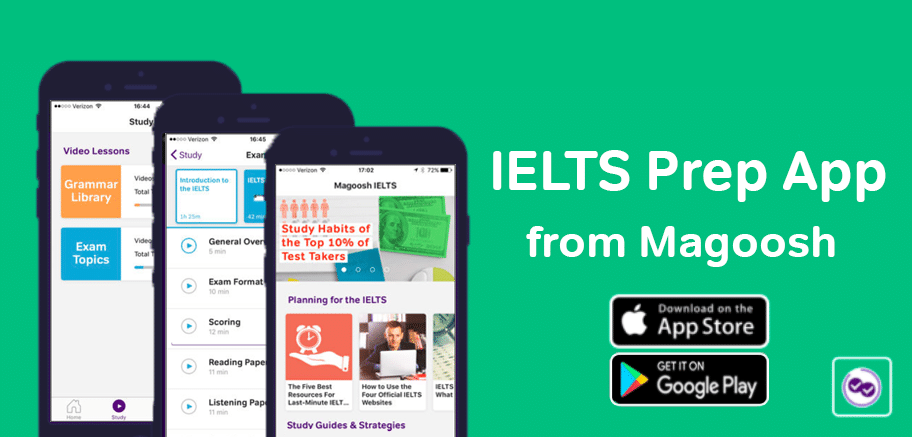Your IELTS Speaking and writing performance will be scored by human examiners, based on a rubric. But who are the IELTS examiners? What sorts of people will rate your IELTS responses? Let’s find out.
Who are the IELTS examiners, in terms of qualifications, experience, and training?
All IELTS examiners have a bachelor’s degree. And their studies must include past coursework or earned qualifications in ESL instruction or education. IELTS examiners also are also hired on the basis of actual teaching experience. Upon starting work as an IELTS examiner, individuals must have three years of ESL teaching experience, and more than half of that experience must be with high school students and adults, the main age groups of IELTS test-takes.
Once they’re actually hired by IELTS, test examiners go through a lot of workplace training. IELTS examiner training includes specialised certification in IELTS Speaking and Writing. After IELTS examiners are certified by Cambridge and the British Council (the sponsors of the IELTS exam), they receive ongoing training so that they can stay up to date on all IELTS standards and practices. Every two years, the examiners complete recertification training and testing as part of their work responsibilities.
What countries do IELTS examiners live in?
IELTS Writing examiners must reside in the United Kingdom because all IELTS Writing responses are reviewed and scored in the IELTS’s UK facilities. IELTS Speaking examinations are given and scored in local testing centers throughout the world, so IELTS Speaking examiners live in every country where the IELTS is taken.
What types of English do IELTS Speaking examiners use?
Contrary to popular opinion, IELTS Speaking examiners are not required to be British English speakers. They may have a variety of other accents from the British Isles (Welsh, Irish, Scottish, etc…) and they can also come from a background of Australian, New Zealand, or North American English.
While it is common for IELTS examiners to speak in one of the native forms of English listed above, the examiner who administers your IELTS Speaking test to you is not required to be a native English speaker. Non-native English speakers with high English ability also work as examiners. So if you take the IELTS in your home country, it’s distinctly possible that you’ll sit IELTS Speaking with one of your fellow citizens.
Is there any advantage to getting a Speaking examiner who is from your own country?
Officially, the answer to this question is no. The makers of the IELTS give all of their examiners the same training, regardless of an individual examiner’s language background or country of origin. IELTS examinees are all taught to hold test-takers to the same standards.
Unofficially, however, sitting the IELTS in a non-English speaking country may help your score… or so rumor has it. Many of my students have told me that IELTS speaking examiners in countries such as China, Italy, Brazil, Saudi Arabia, and so on grade test takers more leniently, and are more forgiving of mistakes when they calculate scores. This kind of leniency is by no means guaranteed, however. (Update: In the comments field, an educational researcher proposes that there is indeed some proven leniency in IELTS SPaking interviews abroad, on average at least. See the comments for a link to the research.)
So it seems like there may be some advantage to taking the IELTS in your home country, rather than taking it in a native English speaking country. There is no absolute guarantee that you’ll enjoy this advantage, though. Like I said, the IELTS does everything it can to hold test-takers to similar standards across the world.






Leave a Reply